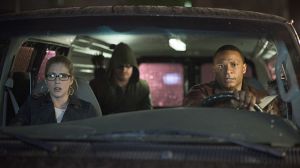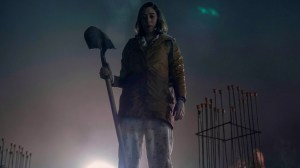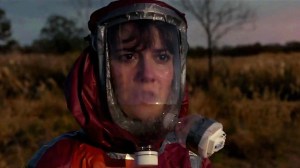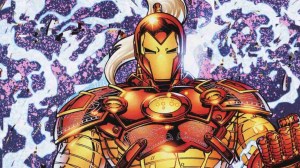The Resident Evil film franchise, particularly the six-movie saga helmed by Paul W.S. Anderson, holds a strange place in the history of video game adaptations. The movies were a massive commercial success, grossing over a billion dollars worldwide and becoming the highest-grossing film series based on a video game for a time. Yet, for many fans of the original Capcom survival horror games, they are a source of endless frustration. The films famously diverged from the source material, prioritizing stylized action over atmospheric horror and, most controversially, sidelining the games’ beloved protagonists in favor of a new, movie-exclusive hero. This creative decision to center the story on Milla Jovovich’s Alice meant that when iconic characters from the games did appear, their roles were often drastically altered.
Videos by ComicBook.com
Instead of leading the narrative, fan-favorites like Jill Valentine, Chris Redfield, and Leon S. Kennedy were reduced to supporting characters in Alice’s story. Their complex backstories, defining character arcs, and critical relationships from the games were frequently simplified or ignored entirely. In addition, villains were stripped of their nuance, and heroes were rendered less capable to ensure Alice remained the central figure. Even the 2021 reboot, Resident Evil: Welcome to Raccoon City, which aimed for a more faithful adaptation, struggled to do justice to its ensemble cast, cramming the storylines of two games into one film. As a result, the cinematic legacy of Resident Evil is littered with characters who were arguably ruined by their big-screen counterparts.
1) Carlos Oliveira
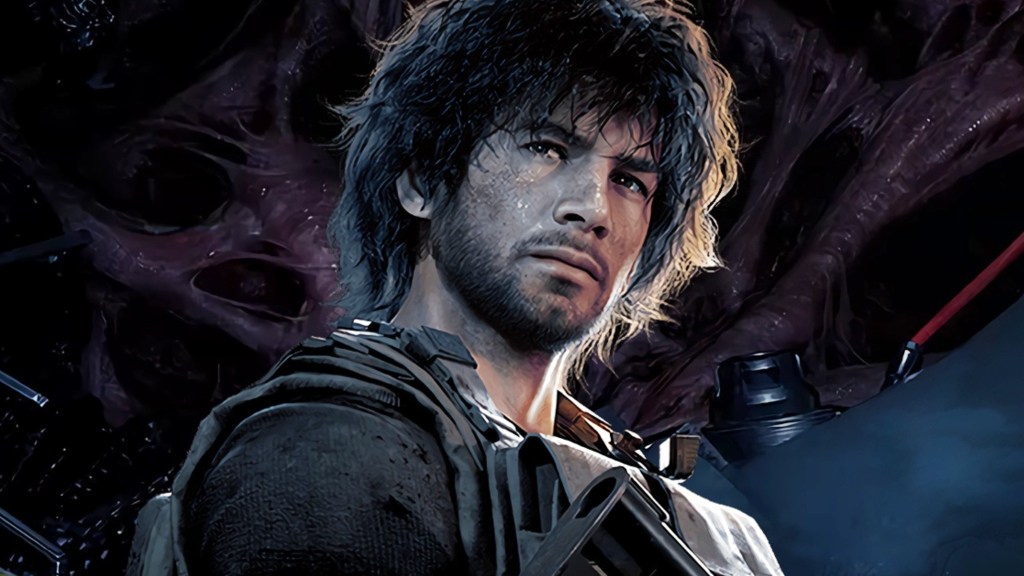
In the narrative of Resident Evil 3, Carlos Oliveira is a character of surprising depth, an Umbrella mercenary whose innate decency wins out against his corporate allegiance. He begins as a cocky soldier, but through his partnership with Jill Valentine, he grows into a genuine hero, risking his life to navigate a zombie-infested hospital in a desperate search for a vaccine to save her. This arc, from a man just following orders to one making a moral stand, gives him a substance that makes him a fan favorite.
The film franchise, after a passable introduction for Carlos (Oded Fehr) in Resident Evil: Apocalypse, systematically demolishes that integrity. His arc is immediately subverted to serve Alice, and his significance is tied exclusively to her survival. The ultimate insult to the character arrives when he’s given a heroic sacrifice in Extinction, only for the series to bring him back as a series of mindless clones in Retribution. This transformation from a man who found his honor in a moment of crisis into endlessly disposable cannon fodder is a complete betrayal of his character’s core appeal.
2) Claire Redfield
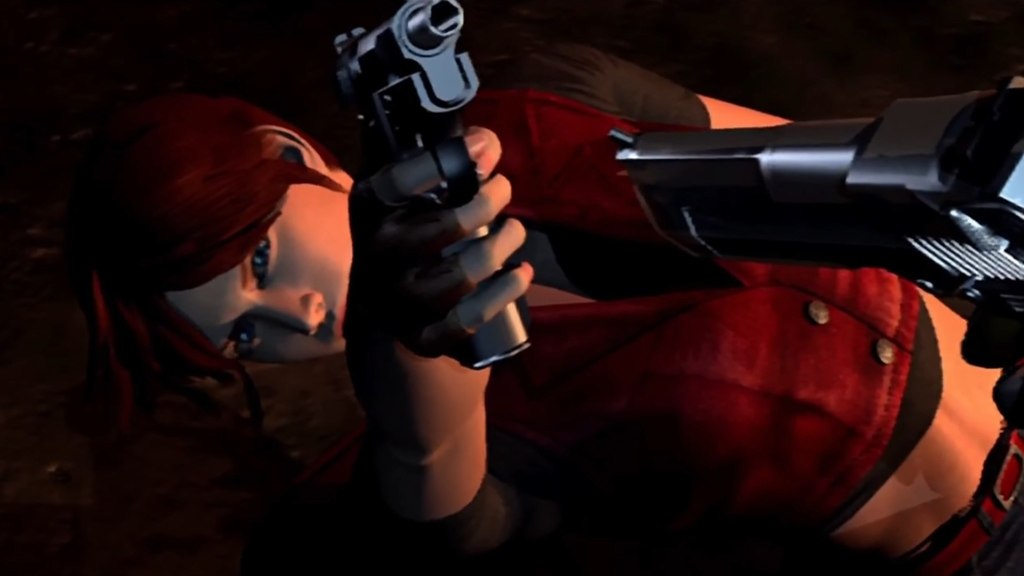
The cinematic failure of Claire Redfield stems from a total misunderstanding of her origins. In her video game debut, Claire is not a soldier or a hardened survivor, but a resourceful college student searching for her missing brother, Chris. Her appeal comes from witnessing an ordinary person adapt and fight back against impossible horrors, her strength forged in her resolve to protect others, especially the young Sherry Birkin. The audience connects with her because they see her become a hero in real-time, her courage and empathy shining through the terror.
Both film adaptations rob Claire of this essential journey. The Anderson movies introduce Claire (Ali Larter) as an already-established leader of a heavily armed desert convoy, presenting her as a finished product without a past. The 2021 reboot takes a different but equally flawed approach, making Claire (Kaya Scodelario) a paranoid conspiracy theorist driven by a separate orphanage trauma. Neither version trusts the audience to engage with her transformation, instead opting for a pre-packaged figure who shares little with the source material beyond a name and a red jacket.
3) Chris Redfield

Chris Redfield is a character built on legacy. In the games, he is a man carrying the weight of a lifelong war against bioterrorism, from his traumatic experiences in the Spencer Mansion to his globe-trotting missions with the BSAA. His history, his intense rivalry with Albert Wesker, and his protective bond with his sister Claire are the pillars that support his entire character, making him one of the franchise’s central figures, a man who famously punched a boulder into a volcano out of sheer will.
The movies present a version of Chris (Wentworth Miller) with no legacy at all. Introduced in Resident Evil: Afterlife, locked away in a prison cell, he is immediately diminished and treated as a forgotten relic. Plus, his epic feud with Wesker is reduced to a single weightless fight scene where the dialogue is hollow because the two share no history. The reboot’s take on Chris (Robbie Amell) is similarly anemic, portraying a generic soldier completely detached from his gravitas. The films gave us the uniform, but not the man inside it.
4) Nemesis
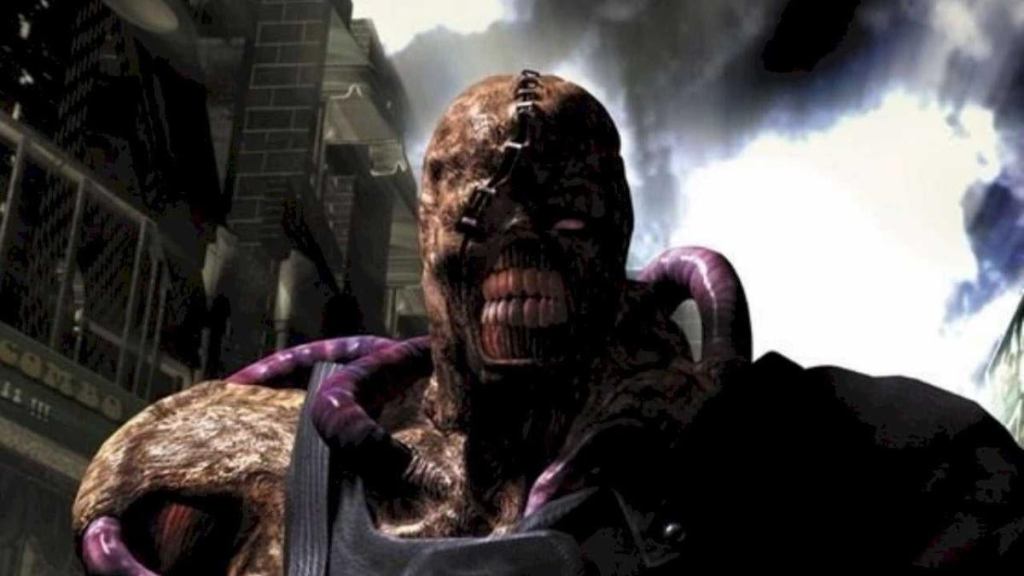
The terror of the Nemesis in Resident Evil 3 is rooted in its absolute inhumanity. Nemesis is a biological weapon of singular purpose, whose entire existence is justified by its desire to hunt and destroy its targets. As an unstoppable force that stalks the player with intelligence and a rocket launcher, it creates a unique and persistent dread that few video game villains have ever matched. As a result, Nemesis is frightening precisely because it is an “it,” a relentless, intelligent killing machine that cannot be reasoned with, only survived.
The filmmakers behind Resident Evil: Apocalypse made the catastrophic error of trying to give the creature a backstory. By revealing their Nemesis (Matthew G. Taylor) to be a mutated version of the sympathetic Matt Addison (Eric Mabius) from the first film, they instantly neutered its menace. The narrative choice to give the monster a conscience, culminating in a moment where it defies programming to help Alice, is a profound misunderstanding of what made the creature work. It’s a classic case of explaining the monster away, trading lasting dread for a moment of cheap pathos.
5) Jill Valentine
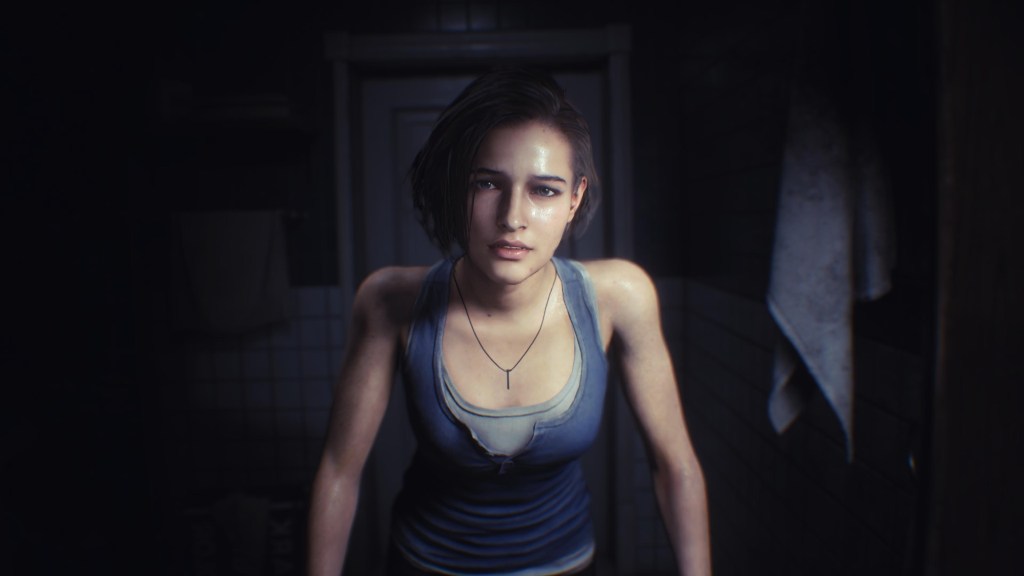
In the source material, Jill is a top-tier hero, and her later brainwashing plot in Resident Evil 5 is a dramatic storyline built on her deep history with Chris Redfield, making her rescue a crucial and emotional mission. For a brief moment in Resident Evil: Apocalypse, it seemed the Anderson movies got Jill Valentine right. Sienna Guillory’s look and attitude were a perfect match for the elite S.T.A.R.S. operative from the games, a fan-favorite known for her cool-headed competence and unbreakable will.
That strong start makes her subsequent treatment in the films a story of squandered potential. After being written out, Jill returns in Resident Evil: Retribution as a mind-controlled henchman in a shallow echo of the game’s plot, her rescue feeling like a minor inconvenience in Alice’s story rather than a critical objective. Furthermore, the reboot version of Jill (Hannah John-Kamen) has a personality so far removed from the original that she is unrecognizable. Both timelines took one of gaming’s most capable protagonists and relegated her to a supporting role or a side note.
6) Leon S. Kennedy
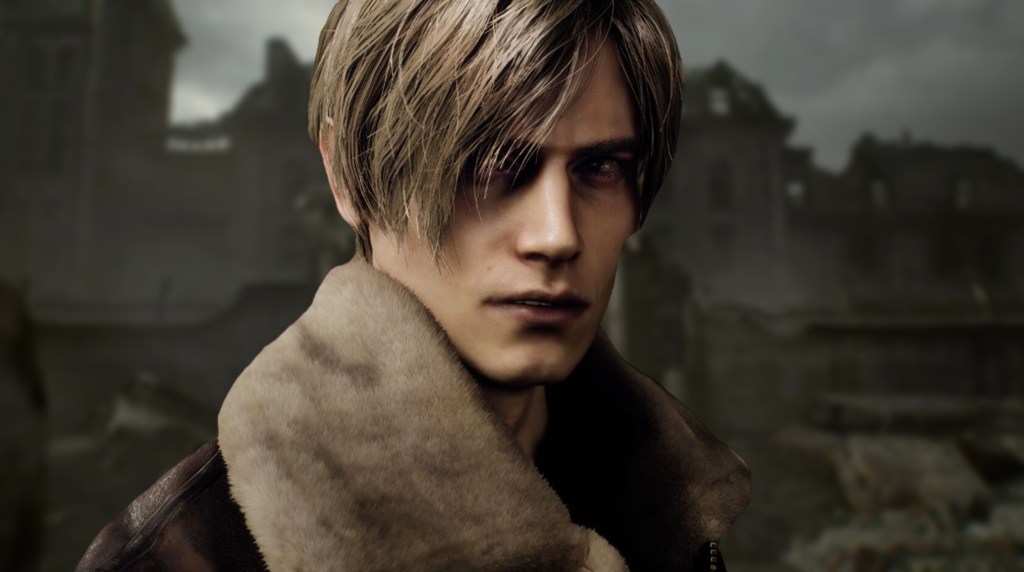
Leon S. Kennedy’s evolution from a rookie cop on his first day to a seasoned government agent is one of the great character arcs in gaming. His persona is a finely tuned mix of wry humor, professionalism, and the quiet confidence of a man who has survived hell and come out the other side. Fans appreciate him because his incredible skill feels earned, making him one of the franchise’s most popular heroes.
The film adaptations have managed to fail Leon twice in completely different, yet equally disastrous, ways. The Anderson series gave us a Leon (Johann Urb) who was little more than a mannequin, a stoic action hero with none of the charm or personality that makes the character tick. The 2021 reboot swung in the opposite direction, turning its Leon (Avan Jogia) into an incompetent oaf for comic relief, a character so useless it’s a wonder he survives the night. One version was hollow, the other was a joke, and both were a slap in the face to the famously capable agent of the games.
7) Albert Wesker
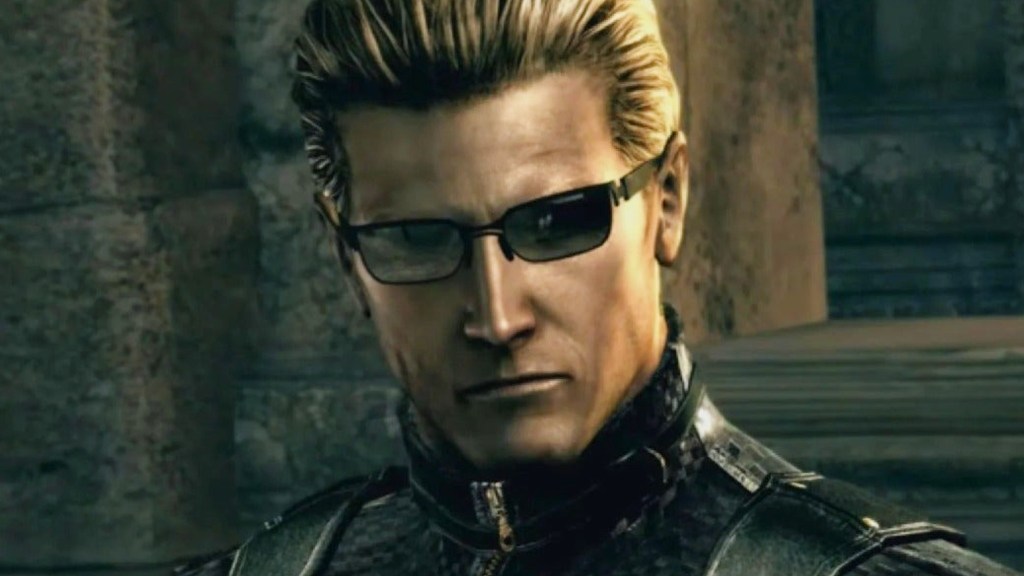
The entire sprawling narrative of the Resident Evil games orbits the magnificent ego of Albert Wesker. He is the ultimate villain, a brilliant, treacherous mastermind whose ambition is nothing less than to remake the world in his image. From his initial betrayal to his evolution into a superhuman megalomaniac, Wesker’s charismatic menace and personal hatred for Chris Redfield make him a truly legendary antagonist. In addition, his desire for power is his entire reason for being, a force that drives the plot for decades.
The Anderson film franchise inexplicably turns Wesker into an underling. Across his appearances, Wesker (played by Jason O’Mara and later Shawn Roberts) is a corporate executive who takes orders from others, including a computer program. This is a complete contradiction of the character’s core motivation for absolute control. The reboot’s Wesker (Tom Hopper) is even worse, a blandly written cop with a flicker of moral conflict who is totally devoid of the original’s style or presence.
Which Resident Evil character do you wish had a better representation in the movies? Share your picks in the comments!





